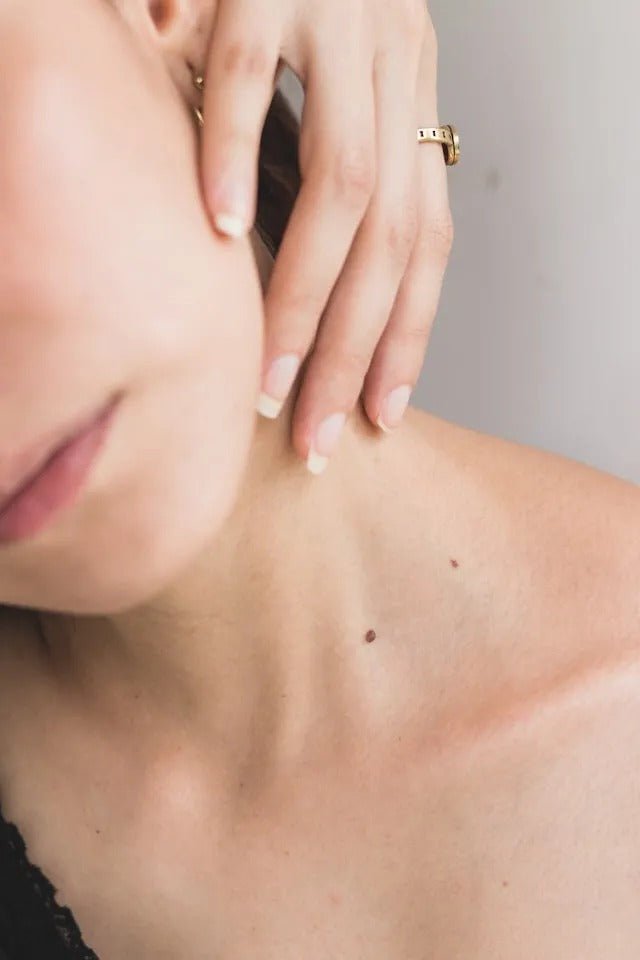
Problematic skin: tips on how to start choosing cosmetics for effective care
The fight against problem skin begins with the right choice of cosmetics. Learn how to effectively choose skin care products to make your skin healthy and radiant.
Skin problems: the main triggers
Reveal the factors that negatively affect the skin and cause problems.
People prone to sensitive skin can face difficulties in determining the root of the problem, which can be annoying. Factors that can irritate the skin of one individual may not have the same effect on another, which makes it difficult to find a solution to the problem.
The main factors that can lead to problem skin
- Hormonal changes: Changes in the hormonal background, such as during adolescence, pregnancy or menstruation, can contribute to an increase in the activity of the sebaceous glands.
- Improper skin care: Using inappropriate cosmetics or insufficient hygiene can cause skin problems.
- Stress and emotional tension: Stress can affect the work of the sebaceous glands and the general condition of the skin, contributing to the appearance of rashes and irritation.
- Genetics: A tendency to problem skin can be inherited, in particular, if there were similar problems in the family.
- Incorrect choice of cosmetic products: Using aggressive or low-quality products can lead to irritation and rashes.
- Improper diet: An excessive amount of fatty and sugary food can affect the condition of the skin, contributing to the development of problems.
- Environmental factors: The influence of polluted air and other environmental factors can negatively affect skin health.
Tips for choosing makeup for problem skin
Choosing make-up for problem skin can be an important step in taking care of your appearance. Here are some tips that can help you choose the right makeup for problem skin.
Start with skin care. Use a foundation or primer to create an even surface before applying makeup. Appropriate preparation will allow the make-up to hold better and prevent irritation.
Choose makeup with a hypoallergenic composition to avoid irritation and allergic reactions. Pay attention to products without flavorings and chemical impurities.
Complete care for problem skin: key steps to improve the condition
Care for problem skin includes several stages aimed at reducing problems and improving the condition of the skin. Here are the main stages of caring for problem skin:
- Cleaning: Use cleaners without aggressive components. Thoroughly clean your face twice a day, especially after waking up and before going to bed.
- Exfoliation: Use delicate exfoliants containing salicylic acid or fruit acids to remove dead cells.
- Toning: Use a toner to restore the skin's pH balance and reduce the appearance of pores.
- Treatment: Use creams or serums with active ingredients such as retinol or azelaic acid.
- Moisturizing: Use hypoallergenic moisturizers that are suitable for problem skin.
- Sun protection: Use a high SPF sunscreen daily.
- Healthy lifestyle: A balanced diet and sufficient sleep have a positive effect on the condition of the skin.
- Regular visits to the dermatologist: Get a professional assessment and care recommendations.
Conclusion
Effective care for problem skin is a complex approach that includes the right choice of cosmetics , regular procedures and a healthy lifestyle. Thorough cleansing, exfoliation, moisturizing and application of medicinal products are key steps. Regular observance of these stages will help maintain the health and beauty of the skin, providing it with the necessary care and attention.










